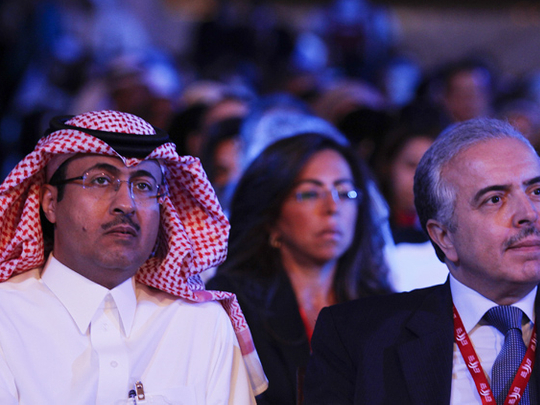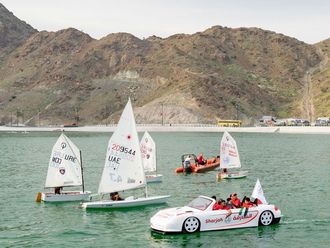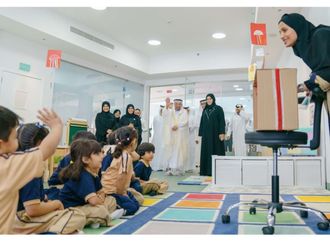
Dubai Hard-hitting issues relating to the media curricula adopted by universities in the UAE, specifically whether they equip students for the job market, were examined at the 11th edition of the Arab Media Forum (AMF) 2012.
The discussion on whether the curricula are based on a realistic model had several viewpoints ranging from undue reliance on old theories to outdated media ethics and adoption of new media. The discourse was part of the workshop ‘Arab Youth Create Own Media Platform', conceptualised by media students from UAE-based colleges, during which speakers raised issues on the quality of media courses on offer.
When Gulf News asked speaker Hessa Al Suwaidi from HCT, Dubai Women's College for her views, she said we need to question the education system.
"What is the use of curricula if it isn't practised? There is a gap between the media ethics that are taught and what is applied in reality. Journalists need to be trained to use new media with the right code of ethics and approach. If we learn social media we should also be taught how to use it correctly and efficiently. Further, the codes of media ethics that apply to traditional media do not apply to new media as much," she said.
Dana Abu Laban from the Mohammad Bin Rashid School of Communication, American University of Dubai (AUD), and a speaker, said that the gap between media education and job market reality is getting narrower. She told Gulf News, "The curriculum is changing. We have new courses that focus on social media and teach students how to use these channels as journalists."
Of the future for journalism students, she said that the new crop of journalists will know both the values of traditional media and the knowledge of new media, presenting themselves as credible as well as critical.












